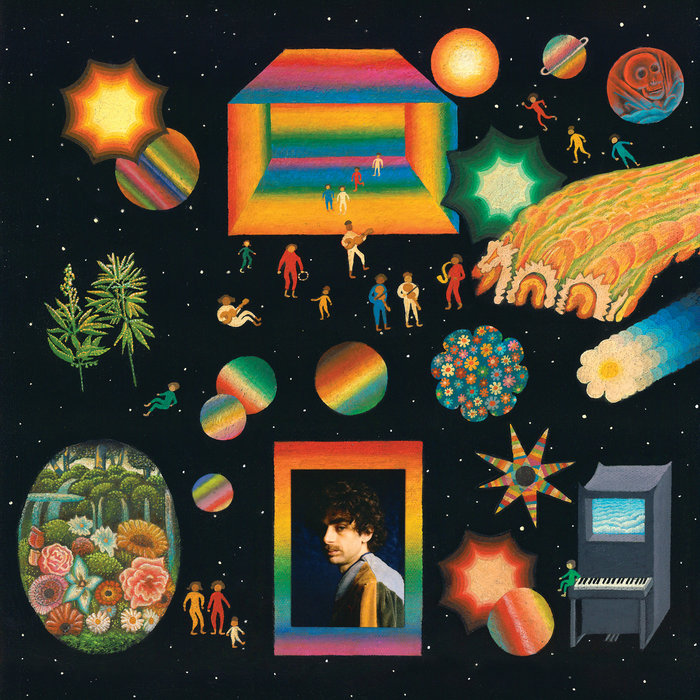
Nome de Deus – Sessa
this blog is GROOVY – check out great Soul, Funk, Jazz, Hip Hop, Bass, Breaks , Reggae, House n many more TUNES
Tropicalia, a vibrant cultural movement that emerged in Brazil in the 1960s, wasn’t just about music – it was a revolution. This unique blend of Brazilian folk music, bossa nova, and international influences like rock, pop, and avant-garde sounds challenged traditional music and social norms, shaking the foundations of Brazilian society.
From Bossa Nova to a Tropical Cocktail:
The seeds of Tropicalia were sown in the fertile ground of bossa nova, a genre that had already brought a fresh, modern sound to Brazilian music. But Tropicalia went further, embracing a melting pot of musical influences. Artists like Caetano Veloso and Gilberto Gil infused traditional samba and bossa nova with elements of rock and roll, psychedelia, and even avant-garde composition, creating a sound that was both familiar and radical.
The “Tropicália” Album:
In 1968, a landmark album titled “Tropicália” was released, featuring a diverse cast of artists who pushed boundaries and questioned authority. The album’s innovative blend of styles and its politically charged lyrics shocked and inspired audiences. It’s like a party where samba dancers are jamming with the Beatles, all while discussing social change.
A Revolution in Sound and Style:
Beyond the music, Tropicalia was also a visual and cultural phenomenon. Artists like Hélio Oiticica and Lygia Clark used unconventional materials and techniques to create art that reflected the movement’s rebellious spirit. Tropicalia was a total sensory experience, from the music to the clothing to the art.
Funny Facts:
Legacy of a Movement:
While the Tropicalia movement faced censorship and persecution from the Brazilian government, it left an indelible mark on the country’s culture. The movement’s spirit of experimentation and its commitment to social change continues to inspire artists and activists today.
Tropicalia, with its vibrant blend of music, art, and social commentary, remains a testament to the transformative power of creativity and the enduring legacy of a revolution.

Nome de Deus – Sessa
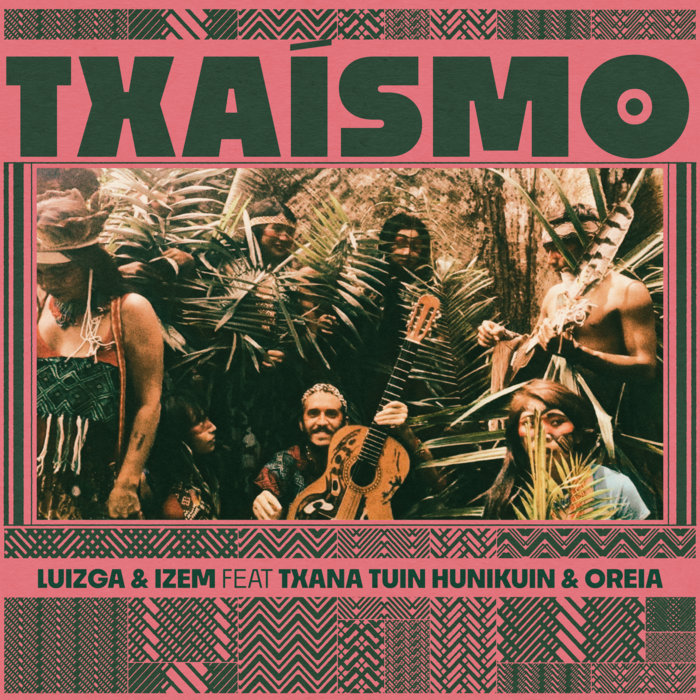
Txaísmo – LUIZGA & iZem feat. Txana Tuin Hunikuin and Oreia

Elegua – Rogê

Road to Nowhere – Rogê
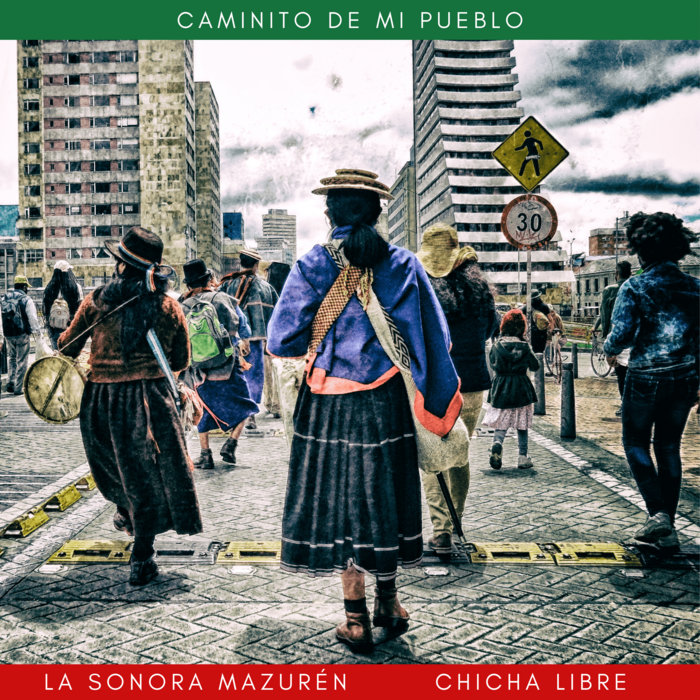
Caminito de mi pueblo – La Sonora Mazurén & Chicha Libre
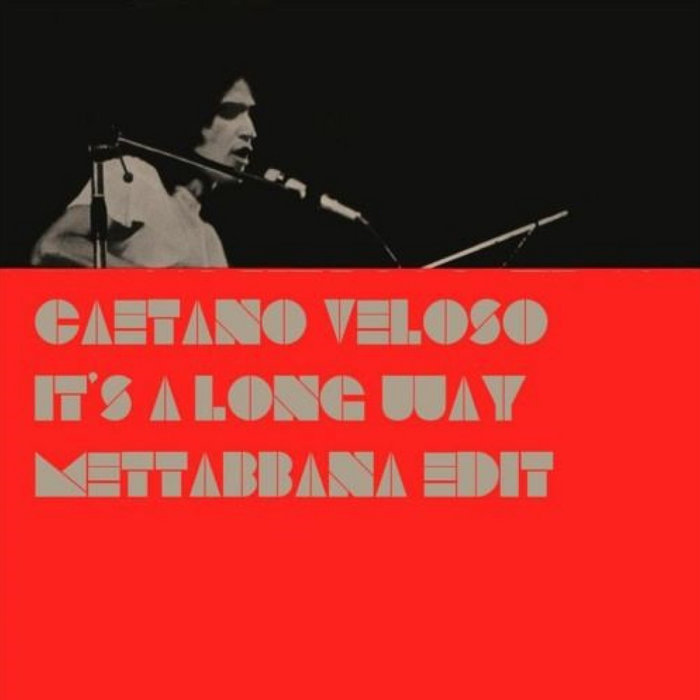
Caetano Veloso – It's a Long Way (Mettabbana Edit) – Mettabbana
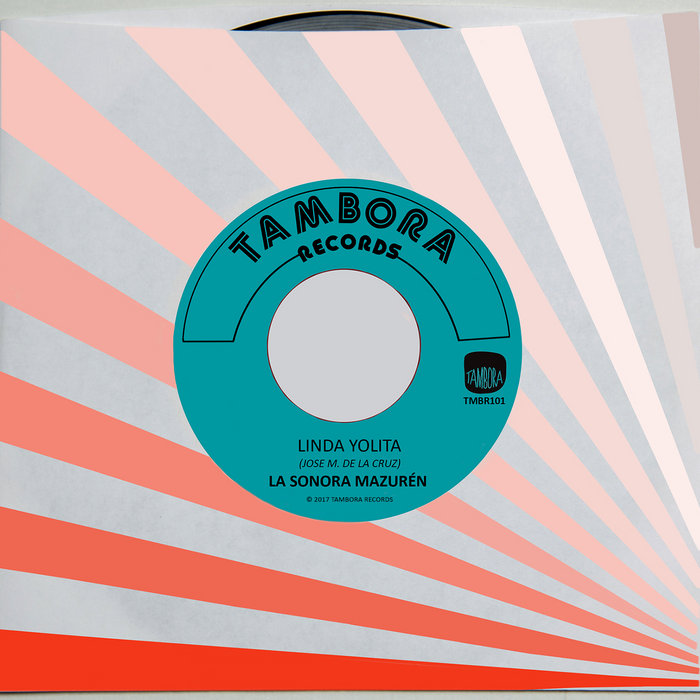
Linda Yolita – La Sonora Mazurén

Tropical Man – Menahan Street Band Feat Rogê